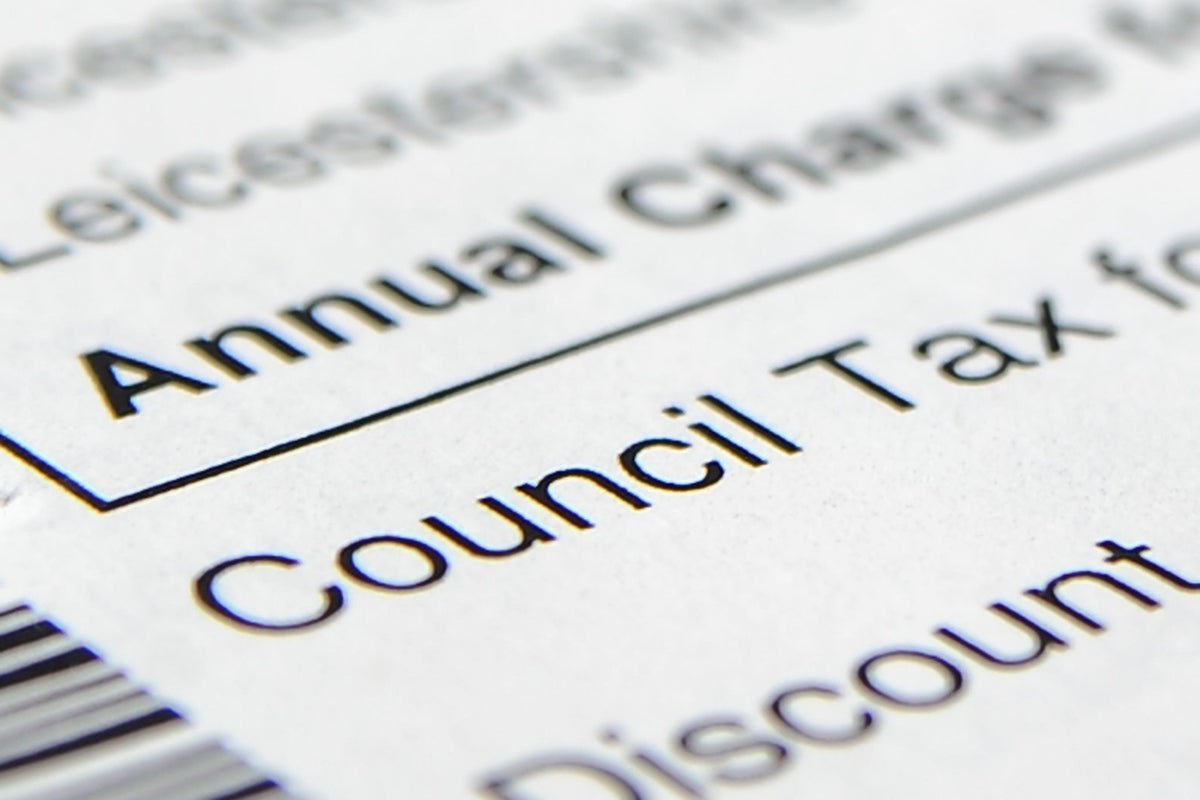A consultation to make council tax collection in England fairer, including stamping out “unacceptable, aggressive” practices, has been launched by the Government.
It is seeking views over the next 12 weeks on the administration of council tax, including how council tax is billed and how payments are collected and enforced.
To help households manage their finances, the Government is proposing changing council tax billing from 10 months to 12 months by default, while maintaining the ability for households to pay over 10 months where preferable.
Council tax bills tend to be paid through 10 instalments (from April to January) and the majority of the 25 million council tax bills issued each year in England are paid by this method.
But 12 month instalments could help households to spread the cost of their bills over a longer period.
The average band D household would be paying around £38 less each month if they paid over 12 months because the total cost would be spread across more instalments, the consultation document said.
Under the proposals, households would still have the right to request 10 monthly instalments if they wanted to, with the request being made by April 15 of the relevant year.
The Government is also looking at enforcement processes, including “a more appropriate and proportionate timeframe” before councils can demand a full bill from households.
When someone fails to pay council tax, a reminder can be sent seven days after a missed payment. Following that, if the bill remains unpaid seven days after the reminder notice has been issued, the full amount due for the year becomes payable. The council may also seek a liability order to confirm the debt and start enforcement action.
The Government is seeking views on when full liability should apply, following a reminder notice being issued, and whether there are any further steps councils should take before being able to charge for a full year’s bill.
The consultation document said: “It is critical councils have the power to recover unpaid council tax and many councils do good work to support local people. However, the Government believes that aggressive recovery action has been applied too quickly and too intensely in some cases.”
Feedback is also being sought on how council tax information could be made more transparent and accessible.
In a foreword to the consultation document, local government minister Jim McMahon, said: “We will make rapid progress in improving the experience of council tax for bill payers.
“This includes action to end unacceptable, aggressive collection practices that have seen vulnerable people who miss payments rapidly subjected to lump sum payments and liability orders, which can lead to bailiffs being sent in, without the offer of a payment plan or a welfare check.
“These practices do not benefit councils, who can incur costs seeking punitive measures without recovering the tax in question, or residents. This Government will deliver on a fairer and more efficient system for taxpayers and councils and which enables councils to fund vital public services.”
Mr McMahon said: “We believe we can be both firm on deliberate tax avoidance, and fair to those needing support with a common-sense approach that strikes the right balance.”
The consultation is focused on the administration of council tax and does not seek views on overhauling the council tax system itself.
In a video posted on X, consumer champion Martin Lewis said the Government had “listened”.
The MoneySavingExpert.com and Money and Mental Health Policy Institute founder said: “Many parts of the council tax system are broken, and I’ve been calling for some fixes for getting on for 20 years.”
Mr Lewis continued: “Many of the things I’ve long been championing for change that can affect millions of people’s lives are in that consultation. So we have the chance of getting things done.”
He encouraged people to have their say, adding: “Councils are allowed to collect debts in a rapid and aggressive manner that would make banks blush.
“Within three weeks of saying you can’t make a monthly payment, they can tell you: ‘Now you have to pay us for the whole year’.
“How someone who’s missed a monthly payment is going to be able to pay for the year, I don’t know.
“Within three weeks of that, they can go to court and get bailiffs to come and get your money with added costs on top.
“It is life destructive and mental health destructive for many people, who simply don’t have the money.
“No commercial lender would be allowed to do that. They would have to treat you fairly, to look at signposting you towards getting help. And it would take, you know, getting on for a year before the bailiffs could be coming in.”
Grace Brownfield, head of influencing and communications at Money Advice Trust, the charity that runs National Debtline, said: “We’ve long campaigned for improvements to how people are treated when they fall behind on their council tax, which would benefit councils too.
“We’re pleased the Government has recognised this and is looking at making changes. Extending the time period before councils can make people liable for their entire annual bill, as well as introducing new steps councils have to take to understand someone’s situation and support them accordingly could make a big difference in reducing the harm council tax debt can cause.”
Pete Marland, chairman of the Local Government Association’s economy and resources board, said: “Council tax income is an increasingly important funding stream for the local services millions rely on every day. Councils have a duty to residents to collect taxes so those services are not affected.
“Councils also know residents can be affected by debt and financial hardship and have implemented a wide range of measures to ensure that recovery practices are fair, and support is available for households who are struggling to pay their bills.
“All councils already allow residents to pay council tax over a 12-month period, but we look forward to working with government on an approach that enables councils to invest in council tax collection practices that effectively balance the collection of vital revenues with measures that help those struggling to pay.”
The consultation closes on September 12 and people can respond to the consultation by completing an online survey.
#Council #tax #bills #England #split #instalments #default



